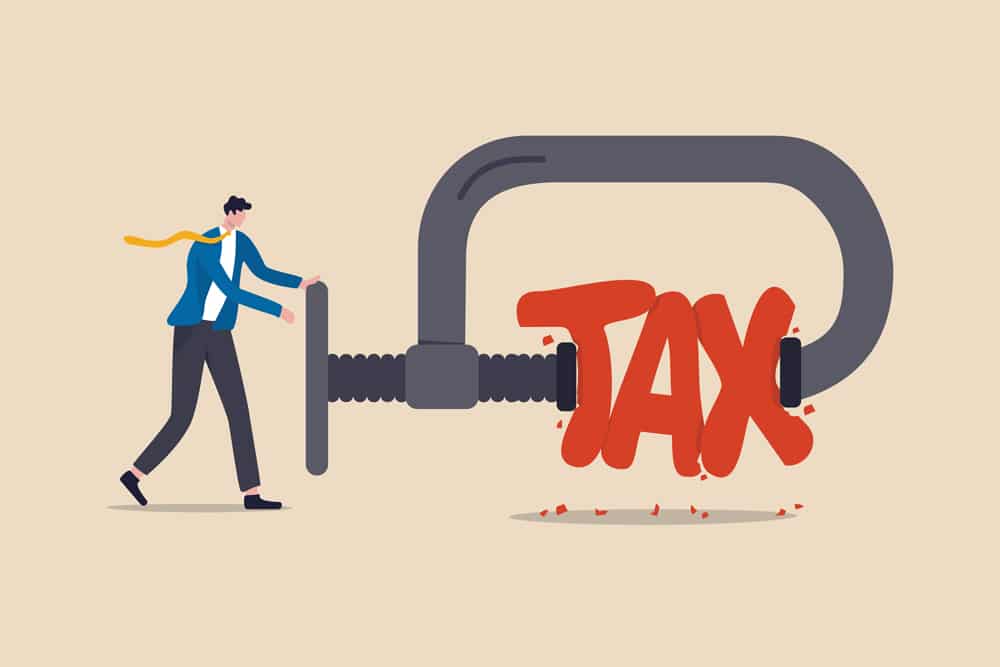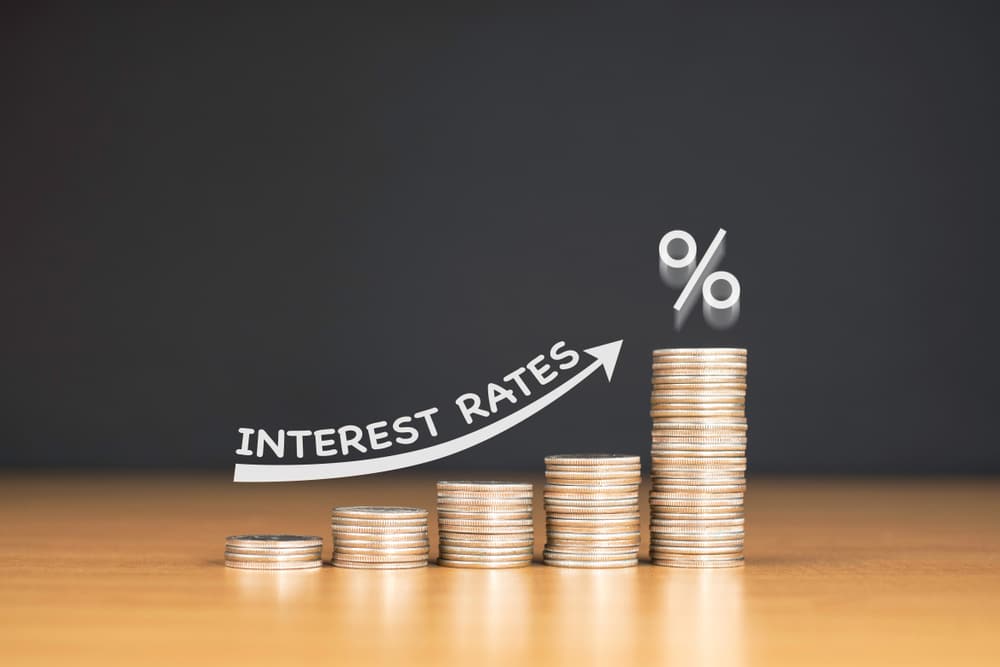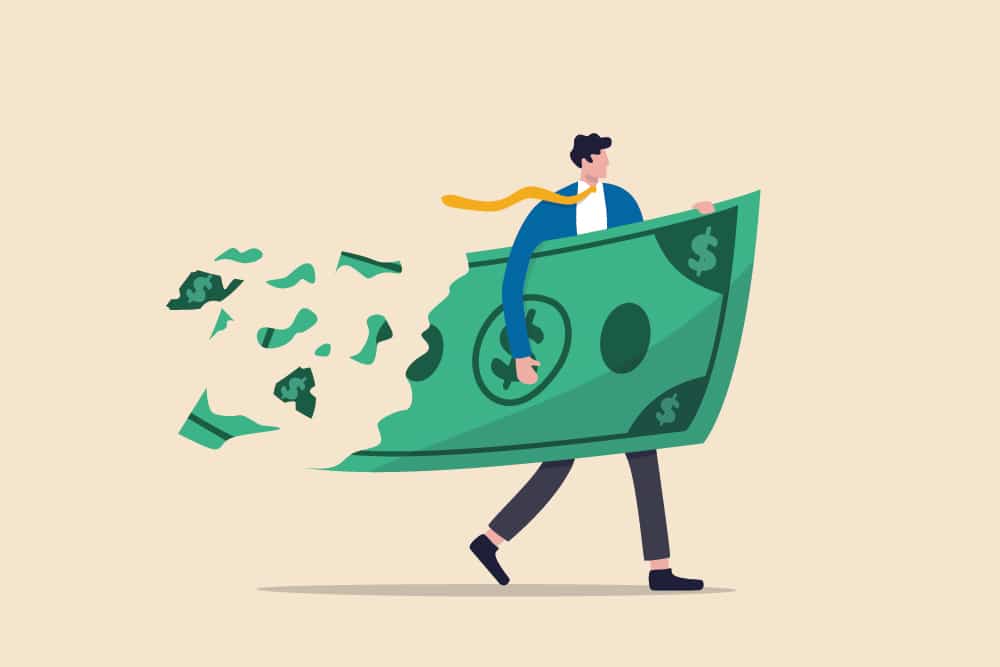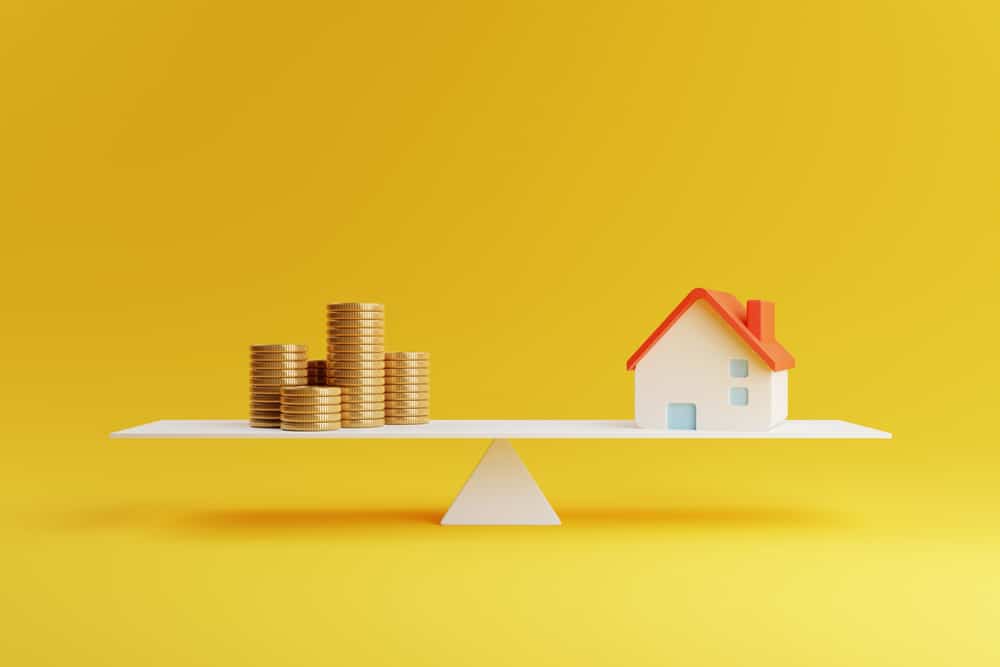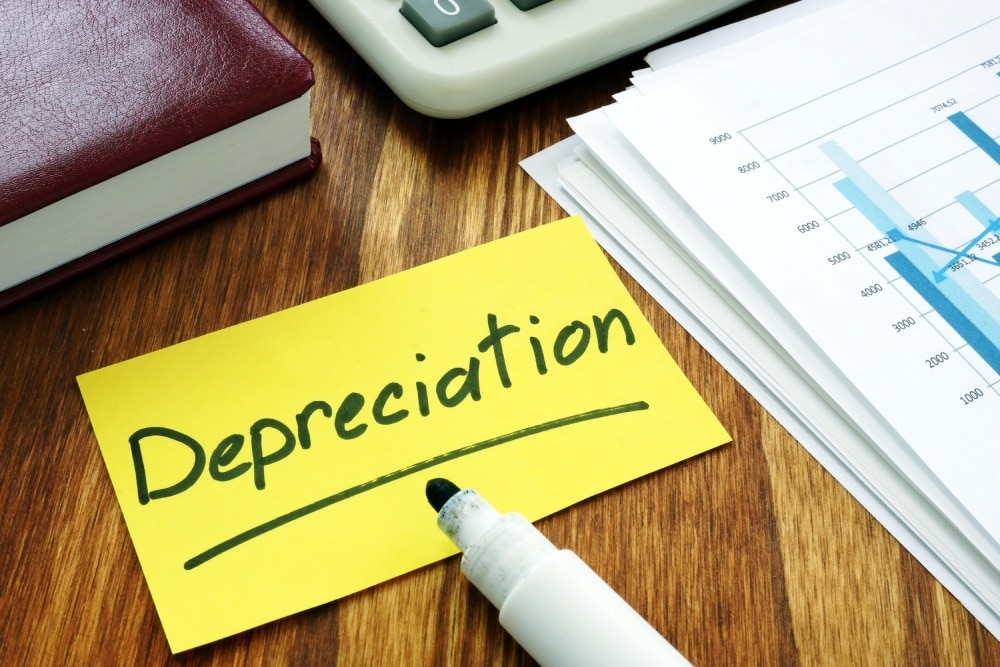
How Property Investors Can Reduce Tax Down To Zero!
Kerry Packer once said, “If anybody in this country doesn’t minimise their tax, they want their heads read”. Coming from one of Australia’s most successful business moguls, that advice is hard to argue with – especially when it comes to property investment!
Those who own real estate are subject to many, different kinds of tax. Some tax is unavoidable. Other kinds of tax are legally, 100% avoidable – or at least able to be reduced substantially.
With the Victorian government recently announcing a rise in the land tax threshold it’s even more important that property investors know where they can and should minimise the tax they pay.
LAND TAX
All states and territories have land tax on land other than your primary place of residence over a certain amount. These amounts differ from state to state with Victoria now leading the charge with the highest amount of land tax in the country.
The best way to avoid land tax as an investor is not to cross the threshold on how much land value you own. There are various ways to do this:
- Buy smaller houses or apartments that have less land value
- Buy in areas where the land is unlikely to increase in value
- Buy properties across a number of states
STAMP DUTY
Once again, the amount of stamp duty you pay will vary from state to state. Reducing the amount of stamp duty you pay can be done if you purchase:
- A cheaper property
- Land with a title to build, but no physical property on site
- A brand new property
CAPITAL GAINS TAX
Every time you sell an asset that has appreciated in value, you pay capital gains tax (CGT). The best way to avoid this, and a leading mantra at Positive Real Estate is…“Buy well, never sell!”
You can avoid paying 100% CGT if you never sell your property.
There are also some other exemptions and reductions relating to the amount of CGT you pay if:
- A property is your main place of residence
- A property is a primary business residence
- You own assets in your super
Talk to the experts at Positive Real Estate to find out if you’re eligible for any of these exemptions.
INCOME TAX
Owning four or five new properties will entitle you to enough reductions in your assessable income that you could decrease the amount of income tax you pay from 37.5% to just 5%.
This will depend on the quality of the properties so ensure you’re getting proper advice from people like the coaches and mentors at Positive Real Estate, who can help you select the right kinds of property for investment.
REDUCE YOUR TAX TODAY
How you navigate through your tax obligations as a property investor can have significant impact on your ability to create wealth.
Learn more at one of our free property investor seminars.
Here, you’ll be equipped with the tools, resources and support to thrive, and not fall behind on your path to financial freedom – whatever that may look like for you.
Book your spot now and find out what you need to know about the current market landscape and how you can make it work for the ultimate wealth creation opportunities.
Recent Articles
How To Claim Back 78 Per Cent Of Your Tax!
There are ways to reduce how much tax you actually pay in order to keep more cash in your pocket – the golden word – property investment. You see, owning real estate in Australia can be very tax effective. This is how you can minimise the amount of tax you are liable to pay.
How To Prepare for a Rise in Interest Rates
Smart property investors know that it’s dangerous to get too comfortable. Real estate is an ever-changing thing. Markets go up, down and plateau – and so do interest rates. The question is, how prepared are you for a Rise in Interest Rates? The key is being ready to use these strategies.
3 Ways a Property Investor Will LOSE Money!
There are many ways you can win big by investing in real estate. Equally, if you lose sight of the basics, you’ll end up losing something much worse – money! No one sets out on their property journey to go backwards financially, so take note of these three common mistakes that investors often make, because if you don’t, it may cost you in the long run. Here are 3 ways an investor can lose money…
An Investor’s Guide to Multi-Income Properties
When it comes to building a booming property portfolio, diversity is key! There are four primary multi-income types that Australian investors can buy at the moment.
Property Cash Flow Basics For Creating Passive Income
Buying real estate is similar to running a business – good performance is derived from your ability to generate cash flow. For a property investor, this means eventually living off the passive income that your real estate generates. Therefore, it is especially important that you map out your ability to build a portfolio that will deliberately achieve this level of success from the get-go.
A Property Investor’s Guide To Depreciation
Every smart property investor knows that to create and maintain a portfolio, we need to have good cash flow. One of the ways we can support this is by using depreciation and tax. But, just like equity, depreciation only works for us if we know how to access and then leverage it.
A Property Investors Guide To Guaranteed Rental Increases
Rent is your weekly or monthly incomes from your property. And it’s an income you don’t work for. It’s the absolute key to good cash flow and passive income, so it’s essential you are able to keep raising your rents at regular intervals. But, what makes it possible for property investors to do this?
The Only Time You Should Sell An Investment Property
The golden rule of property investing is to buy well and NEVER SELL. However, there are always exceptions to the rule… Firstly, let’s look at why you would keep an investment property? If you buy a great piece of real estate, in the right location, it will always create a passive income for you, so there will be no reason to sell it.
House vs Apartment – Which Is Better for Capital Growth?
Many property investors favour one type of property – either apartments or houses. While there are pros and cons to both, which we will discuss here, one of the often forgotten advantages of houses is the investment you’re making not only in the bricks, but also in the land. Land value in itself increases over time, and investment in a piece of land also provides opportunity to renovate, subdivide and develop, all of which lead to greater capital growth.




